How EPS Panel Production Lines Shape Modern Architecture
In today's rapidly-evolving world, modern architecture continues to push boundaries and redefine the way we live and work. One of the key components driving this innovation is the use of EPS panel production lines. These cutting-edge machines play a crucial role in shaping the buildings of the future, offering a wide range of benefits that make them a preferred choice for architects, builders, and developers alike.
The Evolution of EPS Panel Production Lines
EPS panel production lines have come a long way since their inception, evolving to meet the growing demands of the construction industry. Today, these machines are capable of producing high-quality panels that are not only lightweight and durable but also energy-efficient and cost-effective. With advancements in technology, EPS panel production lines have become more efficient, reliable, and versatile, allowing for greater customization and flexibility in design.
Sustainable Building Practices
In an era where sustainability is a top priority, EPS panel production lines play a critical role in promoting eco-friendly building practices. EPS panels are made from expanded polystyrene, a material that is 100% recyclable and requires minimal energy to produce. This makes them an ideal choice for green buildings, helping to reduce waste and lower carbon emissions. Additionally, the energy-efficient properties of EPS panels can help reduce heating and cooling costs, further contributing to a more sustainable and environmentally-friendly construction process.
Design Versatility
One of the key advantages of EPS panel production line is their ability to create panels in a wide variety of shapes, sizes, and finishes. This versatility allows architects and designers to push the boundaries of traditional construction techniques, creating buildings that are not only aesthetically pleasing but also highly functional. Whether it's curved walls, geometric facades, or intricate patterns, EPS panels can be customized to meet the unique needs of any project, offering endless possibilities for creative expression.
Time and Cost Savings
One of the most significant benefits of EPS panel production lines is their ability to streamline the construction process, saving both time and money. By prefabricating panels off-site, builders can significantly reduce labor costs and construction time, leading to faster project completion and increased efficiency. Additionally, the lightweight nature of EPS panels makes them easy to transport and install, further speeding up the building process. This not only helps meet tight deadlines but also reduces overall construction costs, making EPS panels a cost-effective solution for modern architecture projects.
In conclusion, EPS panel production lines have revolutionized the construction industry, allowing architects and developers to create innovative and sustainable buildings that shape the future of modern architecture. With their design versatility, sustainability benefits, and time and cost savings, EPS panels have become an essential component of today's architectural landscape. As technology continues to advance, we can expect to see even more groundbreaking developments in EPS panel production lines, further pushing the boundaries of what is possible in building design.


 CN
CN
 EN
EN
 fr
fr  de
de  es
es  it
it  ru
ru  pt
pt  ar
ar  th
th  pl
pl  ro
ro 

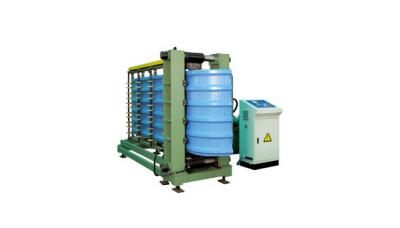
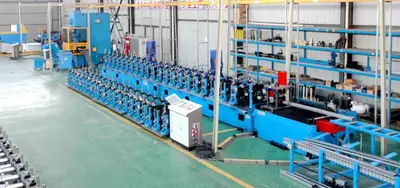
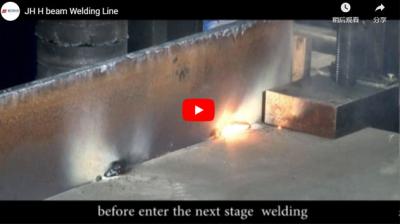
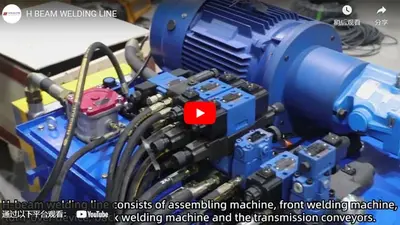
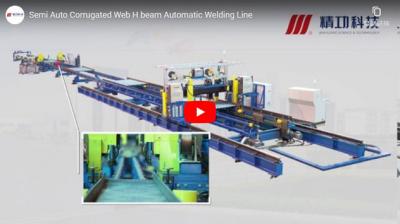

 Call us on:
Call us on:  Email Us:
Email Us:  #1809, Jianhu Rd, Keqiao, Shaoxing, Zhejiang, China
#1809, Jianhu Rd, Keqiao, Shaoxing, Zhejiang, China 